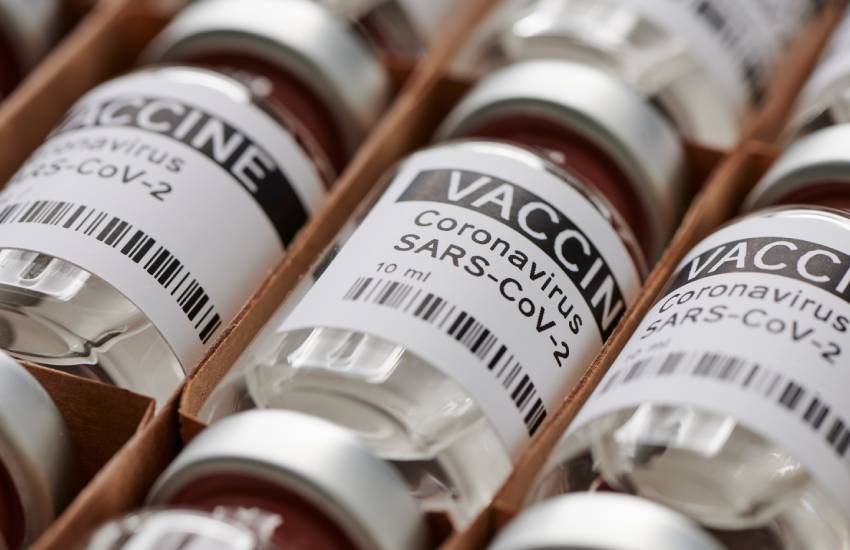×
The Standard e-Paper
Smart Minds Choose Us

The arrival of the first batch of the Oxford/AstraZeneca Covid-19 vaccine brought hope after a difficult 2020.
After a slow start, President Uhuru Kenyatta led the country in getting the Covid-19 jab as other leaders followed suit, which opened the floodgates.